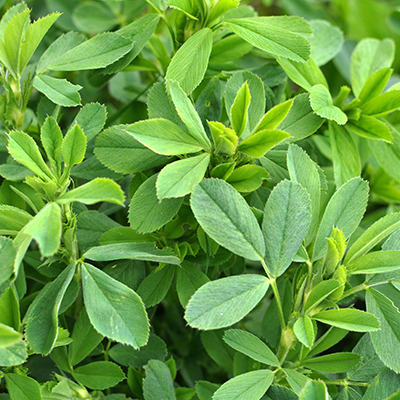

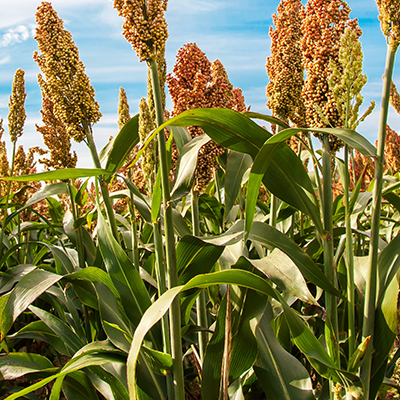

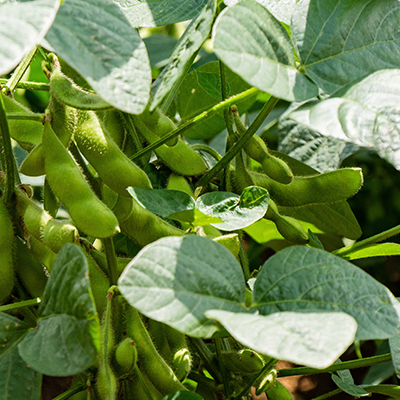
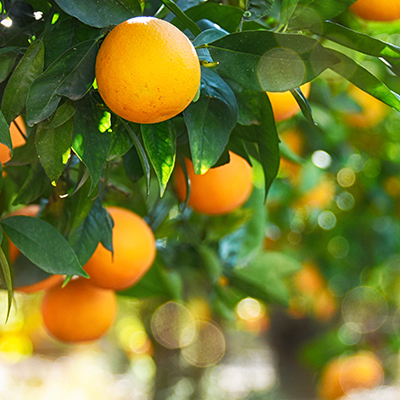
Strong on targeted insect pests, gentle on pollinators and beneficial insects
Sefina insecticide is a powerful tool designed to control key piercing and sucking insects in specific specialty and row crops, including citrus, fruiting vegetables, cucurbits, cotton and soybeans. With a unique mode of action classification, it provides targeted knockdown and residual control of aphids, whiteflies and certain psyllids, including the Asian citrus psyllid, to stop feeding damage and limit pathogen transmission. Sefina insecticide is strong on pests and gentle on pollinators, with a favorable environmental profile.
Sefina insecticide is powered by Inscalis insecticide, an active ingredient with a novel mode of action classification (IRAC 9D). The chemistry disrupts the sensory responses of target insects, quickly stopping feeding and slowing the spread of vectored diseases. Sefina insecticide’s unique formulation exhibits translaminar and acropetal movement within the treated leaf and out toward the growing tip. This allows for more complete control of targeted pests on both the top and bottom of leaf surfaces. This results in healthier, more vigorous plants, and can improve yield and lengthen the harvest window.
Sefina insecticide is compatible with beneficials for true integrated pest management and compatible with pollinators following bee safe protocols
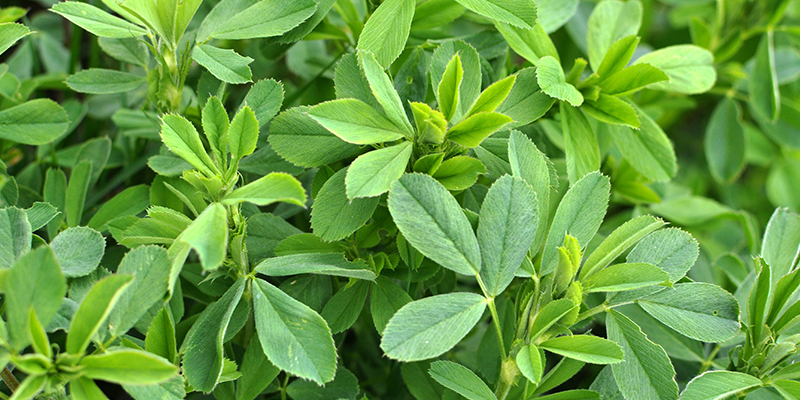
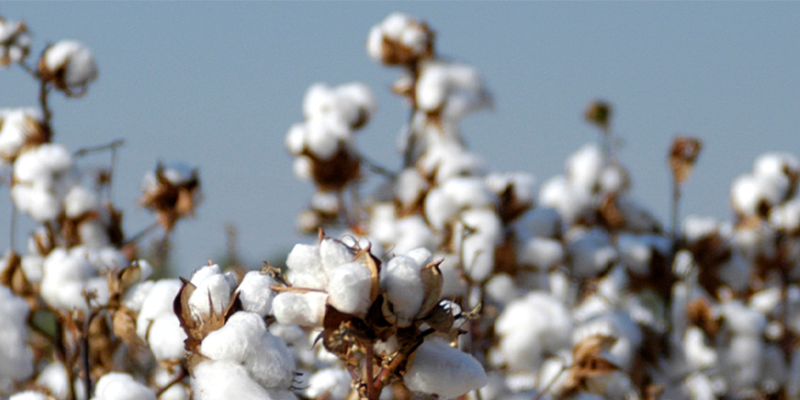
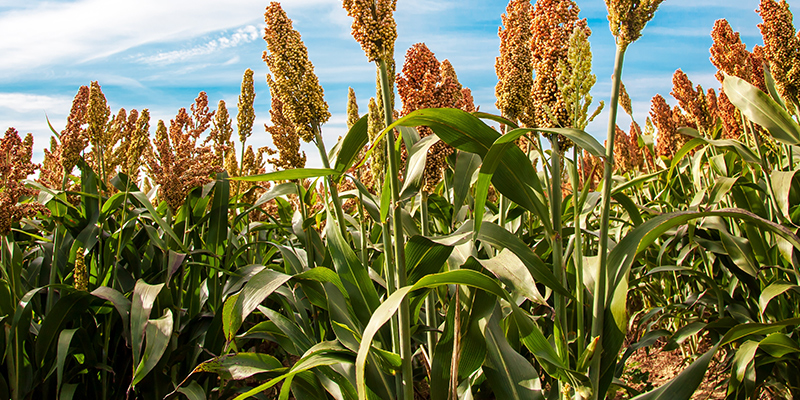
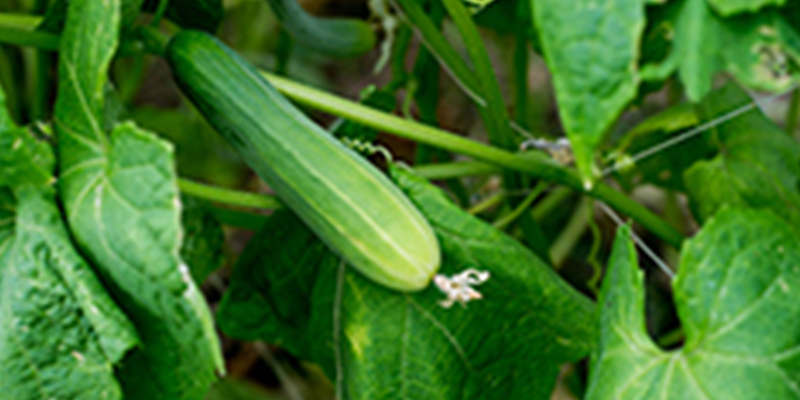
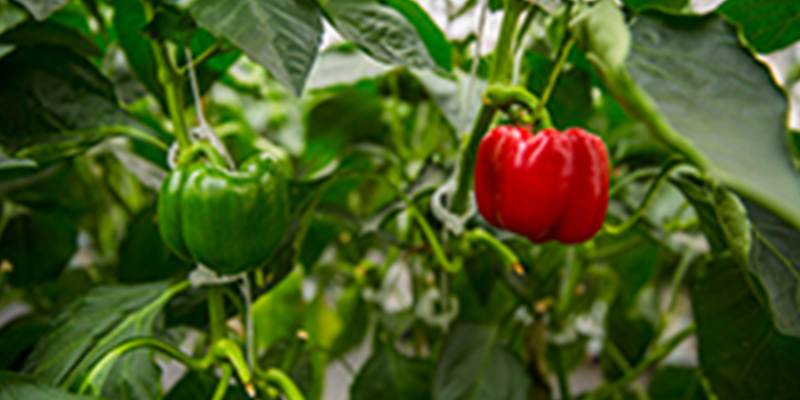
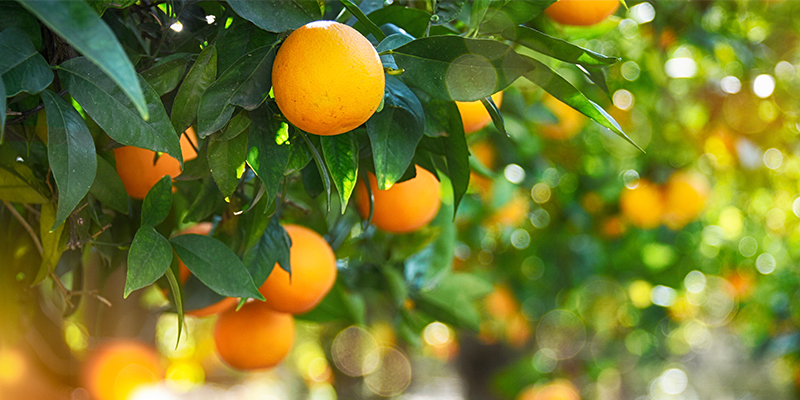
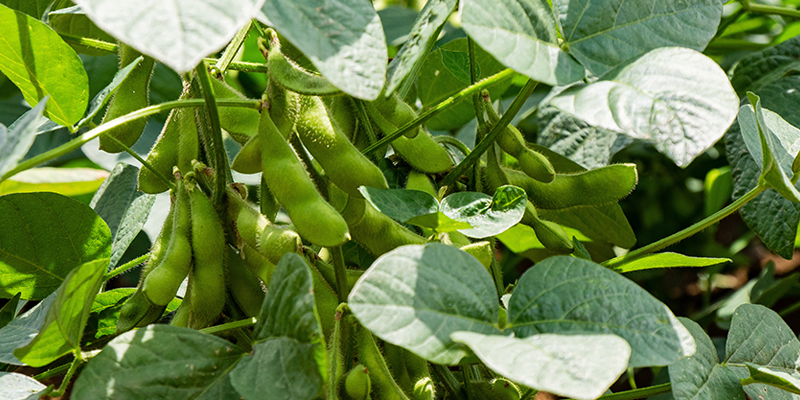
Always read and follow label directions. Sefina and Inscalis are registered trademarks of BASF. © 2026 BASF Agricultural Solutions US LLC. All rights reserved.